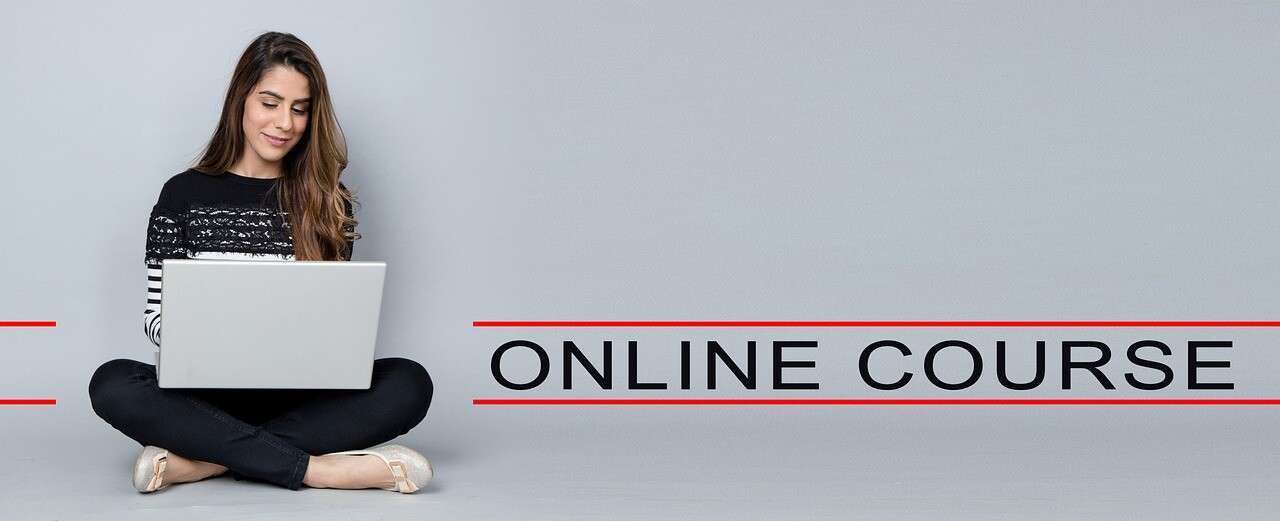
Last night I watched the never-before-seen footage of the January 6 attack on the US Capitol. On the day of the insurrection, I sat through the horror unfolding live, albeit safely from hundreds of miles away. I didn’t sleep well that night and carried the distress in my body for some days after.
Last night I felt the need to watch the brief documentation of the attack, to see the footage from the cameras inside the building and the body cameras the responding police wore.
I don’t watch much TV news; I stick to headlines that pop up in my social feeds and then look further when I need deeper understanding.
As a therapist, I often work with people who are experiencing a high level of distress, and for years I have prescribed as self-care that people consider a “news fast.” Taking some time away (from video footage especially) is important if your mental health is suffering. If your daily functioning is not going well, then you need to unplug, stat. I tell clients, “The news you need to know will find you;” if a big event happens, you will hear about it somehow.
For the rest of us, we must work with competing values – our own self-preservation (not flooding ourselves with scenes of trauma) vs. our need to stay informed to avoid complacency.
Bad news is going to keep happening. It’s just the way of the world. But I have been seeing more and more people become buried by a variation of survivor's guilt.
A familiar refrain these days among my clients is a sense of guilt because they are living normal lives when other humans in the world are suffering – wars, shootings, oppression. This guilt can drive them to watch all the updates, learn the names and stories of the victims, and feel compelled to bear witness.
I’m not here to tell you not to do any of those things, but I am here to say that you can’t possibly do this for ALL the world tragedies.
You becoming overwhelmed and suffering does not serve those people, especially if it renders you paralyzed.
In fact, those people who are impacted need us to stay well and ready to jump into action when they can’t. If your car crashes, you really don't want all the police and EMTs to be frozen from distress for your circumstances.
My prescription: find the information you need to do your part.
Your “part” may be:
- Calling or writing your legislators
- Marching in protest
- Inspiring others to act
- Caring for those impacted
- Financial donations
…Etc.
If it helps you to read rather than watch or listen, that is a reasonable way to practice "portion control."
After you do what you are able, in your circumstances, it is okay to step away.
And more than just returning to the daily grind, go further and experience with intense gratitude whatever beautiful, peaceful, secure existence you have. Be humbled and aware of your blessings, and fully appreciate what you have that others may have lost.
Being a good human does not mean we must suffer everything others are experiencing; we can do our parts in our own corners of the world.

Radical acceptance is an important concept for emotional wellbeing. It’s foundational in Buddhist teaching, and Dialectical Behavior Therapy was developed by a psychologist who drew heavily from her Buddhist philosophy.
Let’s start with acceptance – “the act of assenting or believing” (The Free Dictionary)
Accepting something means acknowledging or agreeing to something as fact.
Radical acceptance is when we stop fighting that fact, in this moment.
The reason I emphasize “in this moment” is because it does not mean to give up. It does not mean we stop trying to change something that we heartily think needs to be changed. It does mean that, here and now, I am not going to expend emotional energy wanting it to not be true.
“Radical acceptance is about accepting life on life’s terms and not resisting what you cannot or choose not to change. Radical acceptance is about saying yes to life, just as it is.” (Psychology Today)
Tara Brach teaches that Radical Acceptance is the path to "awakening from the trance" of belief that there is something wrong with us. Her book Radical Acceptance: Embracing Your Life with the Heart of a Buddha is a much deeper dive if you are so inclined.
Some examples:
- A disabled train blocks the road and I am not going to get to the airport on time for my plane, even if I turn around and use another route. Radical acceptance lets me remain calm and begin to problem solve – what number do I need to call to get on another later plane?
- An important person in my life has done something hurtful and I no longer feel trust in the relationship. When I radically accept this, I develop boundaries, either small or extreme. I can still, if appropriate, have hope of relationship repair in the future, while still keeping myself safe from the effects of the betrayal.
For a visual illustration, see this video:
And don't skip this one - this is one of my new favorite songs - we sang the first verse at our concert this past weekend:
You don't have to carry the weight...let go...

I learned this exercise at a continuing education training a few years back. It's one that I really like for a brief breathing activity to help get re-anchored in the here and now.
Take breaths that are comfortably full and even, there is no reason to try to slow them down - make them a natural and easy length.

For the next few days (ends MARCH 25) anyone can sign up for some free resources.
The Andreas family have been involved for decades in developing and sharing strategies promoting mental health. When I finally (after years of a friend telling me I needed to) did the PTSD training, it changed the way I work.
It is a myth that trauma has to “break”us. It is a myth that you have to relive/talk about traumatic experiences to return to a more peaceful level of functioning.
I encourage everyone to sign up for these free courses right now, and then peruse at your leisure.
I have no affiliation, and get no commission or other benefit from, this resource.
I labeled my blog “worth repeating” because I realized if I’m saying things over and over at work, a wider audience must need this information. I've shared this with a number of my clients but really it's something we all may benefit from.
I appreciate the Andreas’ for sharing their valuable work in response to the crisis in Ukraine.

Joy has been a theme for me this summer. Despite pandemic fatigue. In fact, probably even more so because of pandemic fatigue.
I’ve especially focused my meditation practice on joy, and the course through Insight Timer called Ritualize Your Joy was so rich I had to listen to it twice.
Of note: all the meditations and podcasts I listened to focused on joy being something we access, rather than something that happens.
Other words they used:
awaken
attune to
rekindle
elicit
your joy.
We find our joy by tuning into our senses, practicing gratitude, caring for our nervous systems, and participating in things that involve belonging and meaning. More on these in future blog posts.
We also support joyfulness by separating ourselves from habits, people, or mindsets that confine or harm us.
Not everything that creates joy is instantly blissful. In fact, we often need to delay quick relief (hidden much of the time as pleasure) in service of joy. As my son and I pursue our new running goals, we have to nudge each other on sometimes (a prime reason I asked him to do this with me, I know how easily I can talk myself into “tomorrow-ing” my workouts). I can’t say yet that while running I am feeling any physical delight, but the joy of our after dark neighborhood jogs has become a highlight of late summer.
An exercise I am finally doing today after the summer of pondering joy is to RATE joyful experiences.
I listened to this episode of Oprah's podcast on the way to a gathering at a friend’s beautiful home on a lake. Oprah talked of the small daily pleasures and gave them 1- to 5-star ratings of the joy she can feel when she is present in her enjoyment. The two trips I made for friend lake time took lots of energy and were 5+++ star moments of my summer. My morning coffee can be a 1 if I’m distracted, and a 3 if I sit outside in the early light and set aside everything else for a few moments.
Today I’m going to be on the lookout for my four- and five-star joys. The ones that bring on that “mmmmm.” I can tell you a few recent ones right now: late-night talks and long walks with friends. Running with my son, especially when we high-five after giving the last 30 seconds our all. Sliding onto my massage therapist’s new super satiny sheets. Laying in the dark at a campground looking for meteors (we didn’t see any) with family and friends. Putting that drop of the essential oil blend Joy over my heart in the morning.
A conversation I have often at work is what I see as the misunderstanding of “you have to love yourself first.” We’ve interpreted love to be a feeling that just comes, but I think it is meant in this statement as a behavior. Loving yourself means giving yourself good food, good boundaries, good body movement, and on and on.
So, what will you do today, right this minute, to joy your life?
“Joy is scared; it’s something to be accessed, not pursued.” - Lalah Delia



